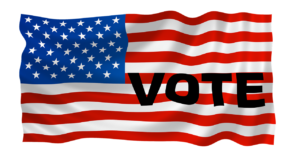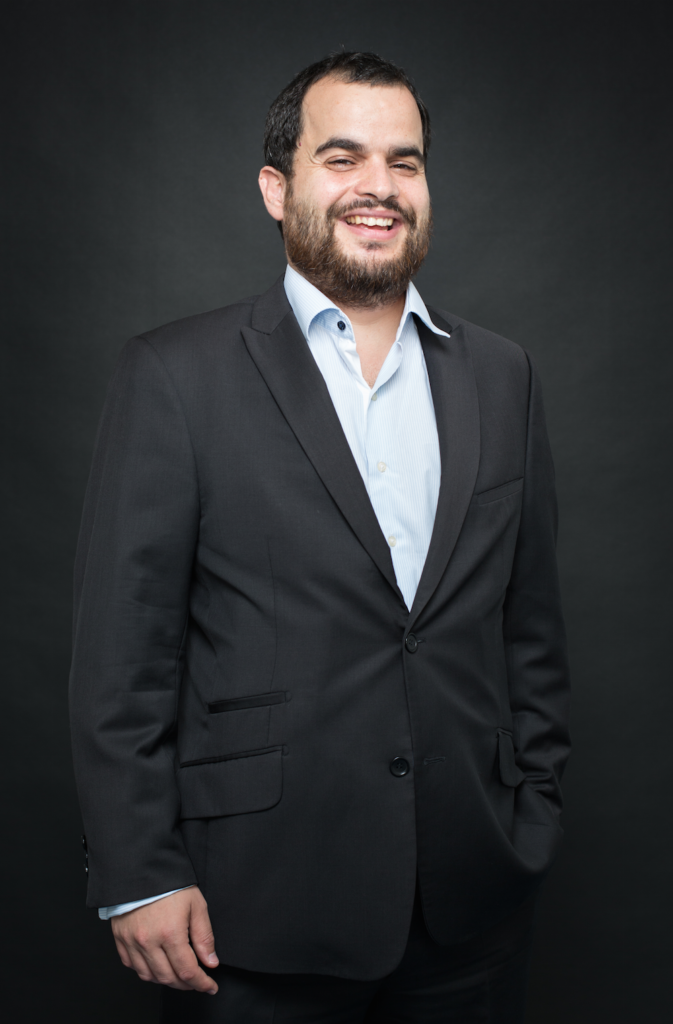
The results of the 2016 election may shape global business dramatically. That, at least, is what HEC Paris is preparing for.
In the final days of the long U.S. presidential campaign, HEC Paris Executive Education will launch a new program called “U.S.A. 2020,” a one-week course in Washington, D.C., where a handful of participants will observe, study, and learn about the U.S. political landscape.
“It’s a live case study,” says academic director Jeremy Ghez, professor of economics and international affairs at HEC and academic director of the HEC Paris Center for Geopolitics. “In order to become a good manager, you need good managerial skills and analytical skills, but you also need to understand the business environment, and the threats that are out there that could change the way you operate.”
AN INCREASINGLY COMPLEX GEOSTRATEGIC LANDSCAPE
The course is designed to help decision-makers and senior executives better understand the business landscape in the U.S., Ghez says, and in particular, geopolitical and long-term dynamics.
HEC Paris describes the 2016 election as a “once-in-a-lifetime” opportunity for executives looking to understand where America stands, what the results of the Nov. 8 election might mean for executives across sectors, and what will be required in terms of business and risk analysis.
UNDERSTANDING THE U.S. POLITICAL SYSTEM

Jeremy Ghez. Courtesy photo
Ghez, who has dual citizenship in France and the U.S., says a short-run objective for the program is to help non-Americans understand the U.S. political system, which he says can be pretty challenging.
The second objective, which is longer-term, is to anticipate geopolitical and long-term trends, Ghez says. For example, the rest of the world depends on the U.S. to promote free trade and provide stability for the global economic environment — but depending on the election, the U.S. might not want to do that anymore.
“So what’s the implication?” he says. “The nature of U.S. politics may be changing, so how are we going to go down these paths with the U.S. less willing to act?”
Ghez’s third objective is to learn about the history and culture of America — a small but crucial chunk of the program, he says. “A lot of Europeans like to mock the U.S. as a country with no history,” Ghez says. “But one of the candidates wants to Make America Great Again, which means he’s thinking about some form of the past. And that means there is history, when people are looking more to the past than the future.”
It’s a hypothesis, but Ghez thinks paying attention to U.S. history might lead to some insights about current events.
SIX DAYS IN D.C.
The program will take place over six days, and will end right after Election Day. Participants will stay in a hotel in Washington, D.C., where they will also have the classes and meals.
“It was important for me to have that common location,” Ghez says. “We’ll come from the same place every morning, and we’ll end up at the same place every night — it’s the theater for our strategic thinking.”
Participants will also have opportunities to meet with business and political analysts, academics, and former officials, as well as visit interesting locations around the U.S. capital.
EXECUTIVES AND FREELANCERS
Potential participants are currently applying for the program, which Ghez says is attracting a lot of senior executives, partners in consultancy firms, and lawyers.
“We ask some questions about how motivated they are and what they want to do,” he says. “We’re looking for good fits between the program and the participants.”
In general, the program was designed for people who would usually apply for executive education — meaning he’s looking at two main profiles. The first is someone whose company is sponsoring them to attend because they are not Americans, but they are based in North America. In situations like this, Ghez says, it can be useful to have a better understanding of what is happening in the country.
The other is someone who’s more of a freelancer — perhaps a lawyer — who is his or her own boss. Ghez says many of these freelance types have a hunch that this topic will shape how they do business down the line.
“These are the two most significant profiles, and they marry well because they share the same objective,” Ghez says. “How can we not be scared stiff, with these current dynamics?”
‘POLITICS IS TOO IMPORTANT TO LEAVE TO POLITICIANS’
Ultimately, Ghez hopes to achieve a community of people interested in these topics. “Someone once said politics is way too important to leave to the politicians,” he says. “And I think that’s absolutely the case.”
He expects that the private sector will be forced to play roles it didn’t play in the past, and he hopes that anyone watching this evolution will be attracted to the program.
DON’T MISS HARVARD MBAs: HILLARY BY A LANDSLIDE or CLINTON VS. TRUMP: PROFS ON LEADERSHIP STYLES





Questions about this article? Email us or leave a comment below.